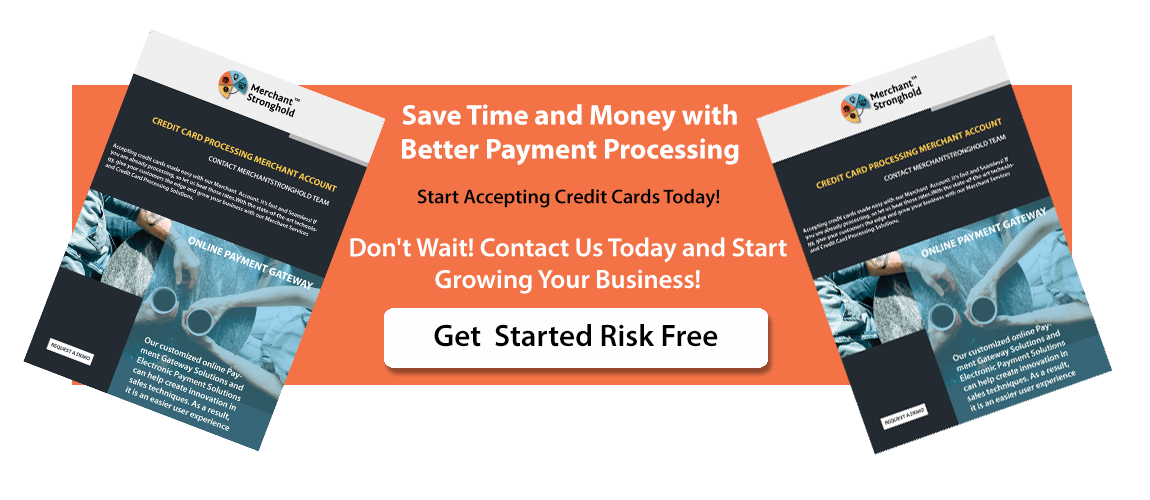Introduction
The goal of National Disability Employment Awareness Month in October is to increase employment rates and job opportunities for Americans with disabilities. However, the relationship between disabled people and work is complex, and there are multiple barriers that they face in the workplace and job market.

According to the Center on Disability Research at the University of New Hampshire, the August 2023 Labor Force Participation Rate for people with disabilities in the U.S. was 41.2%, and the Employment to employment-to-population ratio was 37.9%.
While these figures represent comparatively high employment rates for disabled Americans, they still highlight a significant employment gap between disabled and non-disabled individuals.
The Complexity of Disabled People’s Relationship with Work
Many disabled people can work and want to work, but irregularly
- Some disabled individuals can only consider working on less traditional schedules, dictated by their disabilities, finances, or professions.
- Working fewer hours per week or month, or freelance work may be more suitable for disabled individuals who cannot work full-time.
Some Related Blogs
- The Risks and Rewards of Working with High-Risk Merchants
- Double Your Advantage with Dual Pricing Payment Processing
- Top 5 Benefits of Working with a Payment Facilitator
- The Simplest Guide to Obtaining an EIN Number for Your Business
Remote work and its impact on disabled people’s employment
- The expansion of remote work opportunities during the pandemic has contributed to the recent rise in employment among disabled people.
- Working from home has always been advocated by some disabled individuals as a way to make work more feasible.
- However, the future of remote work opportunities for disabled people remains uncertain.
Disabled people care about how they are paid, just like everyone else
- Disabled people expect to paid under the same basic standards and conditions as any other worker.
- Paying some disable workers sub-minimum wage was once seen as a way to create job opportunities, but this practice is increasingly seen as unjustifiable.
- Disabled people resent being asked to work for free or at a discount in freelance markets.
![]()
Email us anytime!
Email customer service 24/7
![]()
Call us anytime!
Reach customer care 24/7 at +1 (727) 330-3944
The impact of benefits on disabled people’s employment
- Disabled people rely on benefits to cope with the expenses of their disabilities, but these benefits can lost if they work too many hours, earn too much per month, or save too much money.
- Eligibility thresholds for benefits programs are outdated and create barriers to disable people’s employment.
- Efforts are made to improve this situation, such as the SSI Savings Penalty Elimination Act.
Sometimes, deciding not to work is the right choice
- Disabled people may prioritize their physical and mental health over a job or career.
- The decision to work is not always solely based on what is theoretically possible, but also on whether an individual can responsibly handle work and self-care responsibilities.
Conclusion
Efforts to improve employment for people with disabilities should not solely focus on changing employers’ attitudes and job training.
The structures around work need to updated to be more generous flexible on fulfilling disable people’s own authentic work.
Disabled individuals want equal opportunities and support for their employment goals, without being penalize or shamed for not working at any given moment.
By addressing the complex factors that make the idea and aspiration for work more challenging for people with disabilities.’
we can create a more inclusive and supportive work environment.



